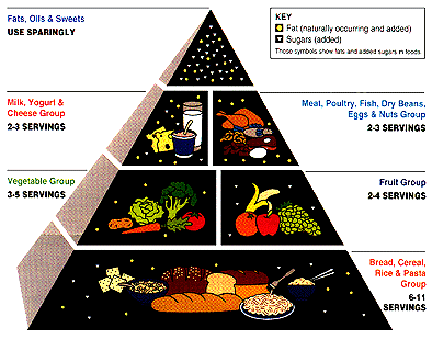

Because of this, the experts that devised the Pritikin diet suggest the following daily intake:Ĭalories from carbs – Recommended: 65-75% Consumed:40-50%Ĭalories from fat – Recommended: 10-15% Consumed: 30-35%Ĭalories from protein – Recommended: 15-20% Consumed:15-20%Īs we can see, the recommended value is hardly representative of what people usually consume, leading to health risks like obesity.
#Micro v macro nutrients skin
It is true that our bodies most prefer to burn carbs – they are smaller than fats, making them easier to burn, and fat performs special purposes with the construction of cells and gives our skin its elasticity. We have three main macronutrients in our diet, each with their own caloric value. Without that energy, our bodies would not be able to perform the constant upkeep required and we would eventually die. Macronutrients are vital for every function we perform in the body because they serve us with fuel for the body. These are just as important as macronutrients in the sense that we need them, but the key difference lies in the sheer amount of the nutrients we need to digest. On the other hand, micronutrients are nutrients we need in smaller quantities: hence, – micro, which is Greek for “small”. Essentially, we need more of these large nutrients, making them ‘macro’. Macronutrients are called “macro” because we need them in large amounts and they are large in molecular standard: – macro literally means very large in scale, or in its Greek understanding, “big” or “far”. These nutrients, however, are broken up into two distinct categories.įirst, macronutrients are substances that provide caloric value – calories – which are metabolized for energy. They help give us energy to perform daily functions, as well as fuel to build tissues and grow. Nutrients, at their most basic definition, are chemicals that any living organism needs to continue their survival. If you are on any special kind of diet that restricts certain foods or are vegetarian or vegan, it’s important to take vitamin and mineral supplements to ensure you are consuming adequate amounts.Let’s start at the beginning. Luckily, through a lot of these foods, you will naturally be consuming micronutrients such as vitamins A, B, C, D and E, iron, calcium and magnesium. Dairy is also a good source of protein but should be limited as much as possible. And for protein, alternate between chicken, fish, lean meats, eggs, beans and legumes.

For your daily fat consumption, choose unsaturated fats like nuts, seeds, olive oil and avocados. In order to achieve 45 to 65 percent of calories from carbohydrates, opt for healthy carbs such as brown rice, oatmeal, whole grains, potatoes, vegetables and fruits.


 0 kommentar(er)
0 kommentar(er)
